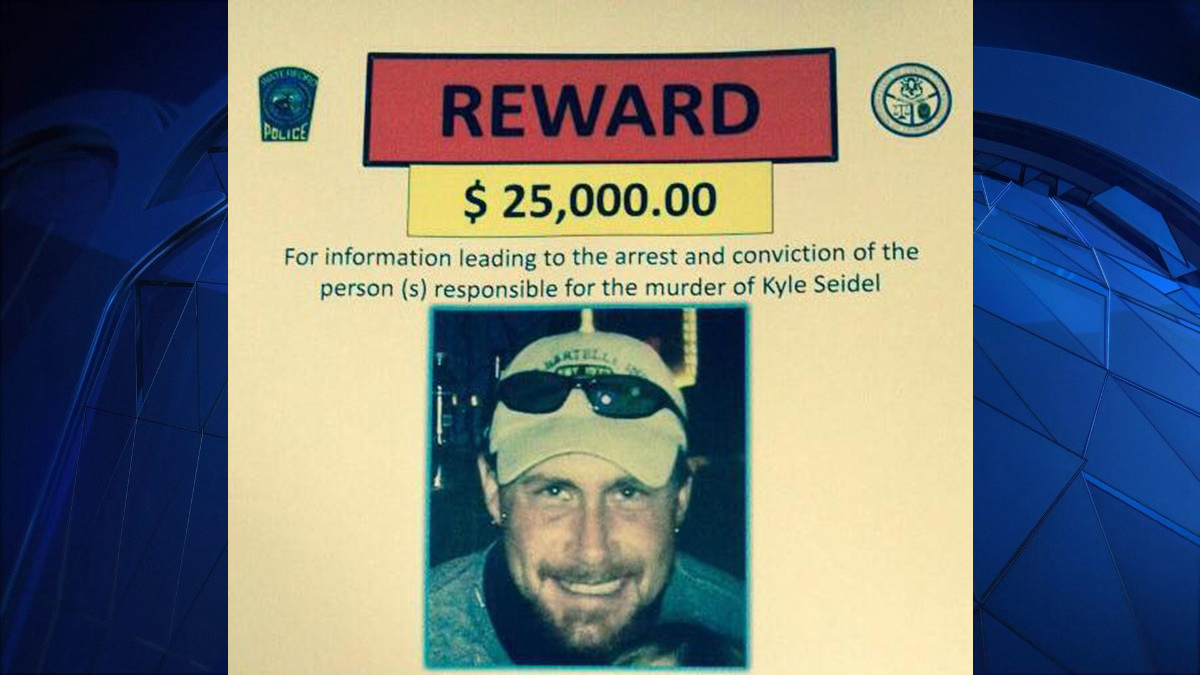Ketamine is garnering national attention as more details come out about the death of Hollywood star Matthew Perry.
Perry struggled with drug addiction and overdosed after taking ketamine at his home. Perry was undergoing therapeutic ketamine treatment, but his death was a result of unregulated recreational use.
“Someone who has trouble controlling their use of ketamine like Mr. Perry is a good example of someone who should not be given ketamine as a treatment,” said Dr. John Krystal of the Yale New Haven Psychiatric Hospital (YNHPH).
Yale researchers have been studying and testing the effects of ketamine for people with depression since the 1990s. Dr. Krystal estimates YNHPH’s Interventional Psychiatric Program sees 20 to 30 patients weekly.
Get top local stories in Connecticut delivered to you every morning. >Sign up for NBC Connecticut's News Headlines newsletter.
Many of these patients receive treatments for depression through esketamine and ketamine therapy. Esketamine is a nasal version of ketamine and was approved by the FDA for treatment of depression in 2019.
“We started testing ketamine and depression almost 30 years ago,” said Dr. Krystal. “We have a very active clinic that is providing ketamine, esketamine and other treatments.”
According to the National Institute of Mental Health in 2021 at least 21 million adults in the United States had one major depressive episode.
Local
Dr. Krystal says sometimes traditional treatment methods such as antidepressants don’t work.
“More and more people who have been dissatisfied with their treatment are now seeking treatments like ketamine and esketamine to deal with these symptoms, so they can get their lives back,” he said.
But he warns against recreational and unregulated use of the drug.
“There’s a risk that they’re going to misuse the drug,” he said. “If you take it too frequently in a pattern like a recreational use where people may take it multiple times a day, every day. It’s not effective as an antidepressant.”
He says certain groups of people may not be fit for ketamine therapy including people with a history of drug abuse, people vulnerable to developing or that have schizophrenia and people who have manic depressive illness also known as bipolar disorder.



